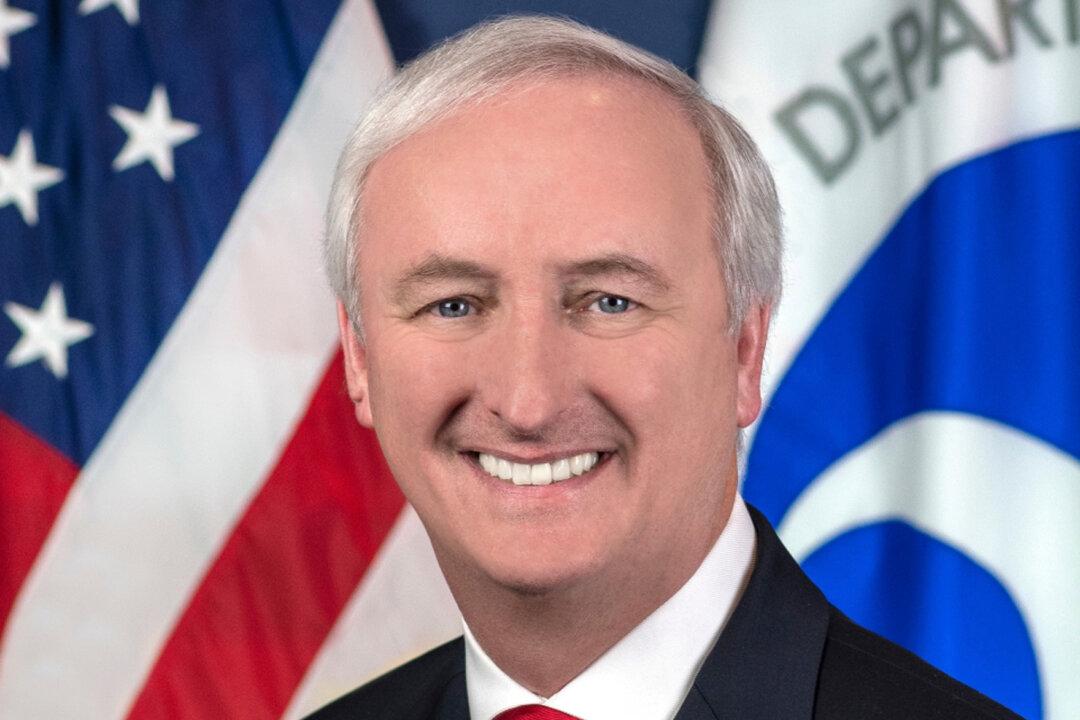The Senate Judiciary Committee on May 9 approved President Donald Trump’s deputy attorney general nominee, Jeffrey Rosen, forwarding the matter to the Senate floor for confirmation.
Rosen currently serves as deputy secretary at the Department of Transportation. Trump picked him at the recommendation of Attorney General William Barr, who has worked with Rosen in private law practice.





